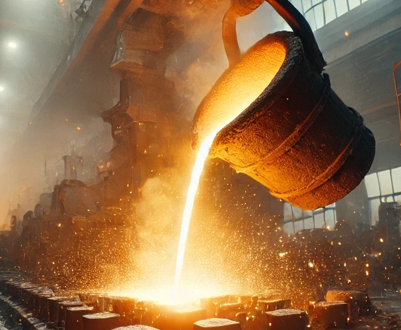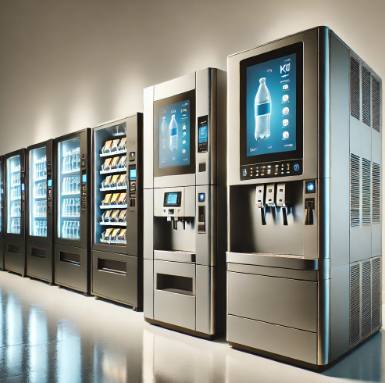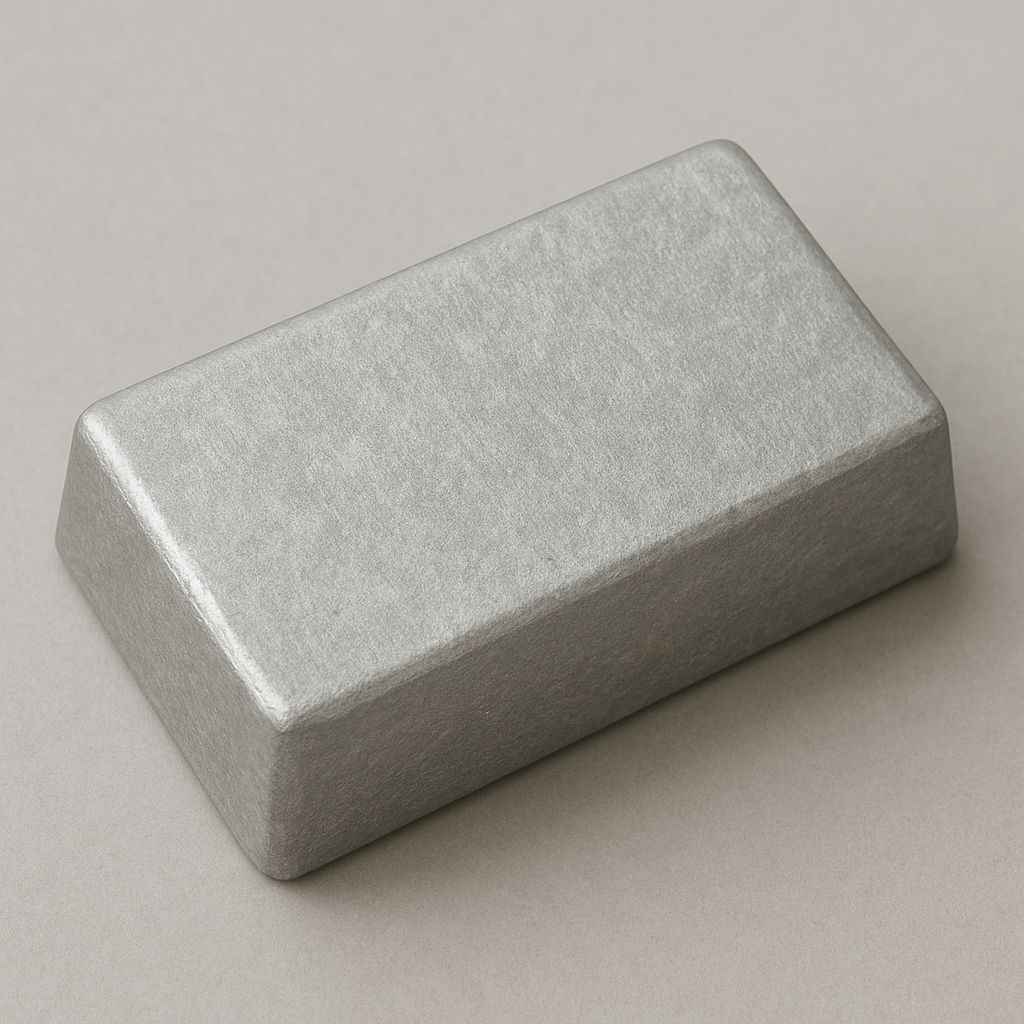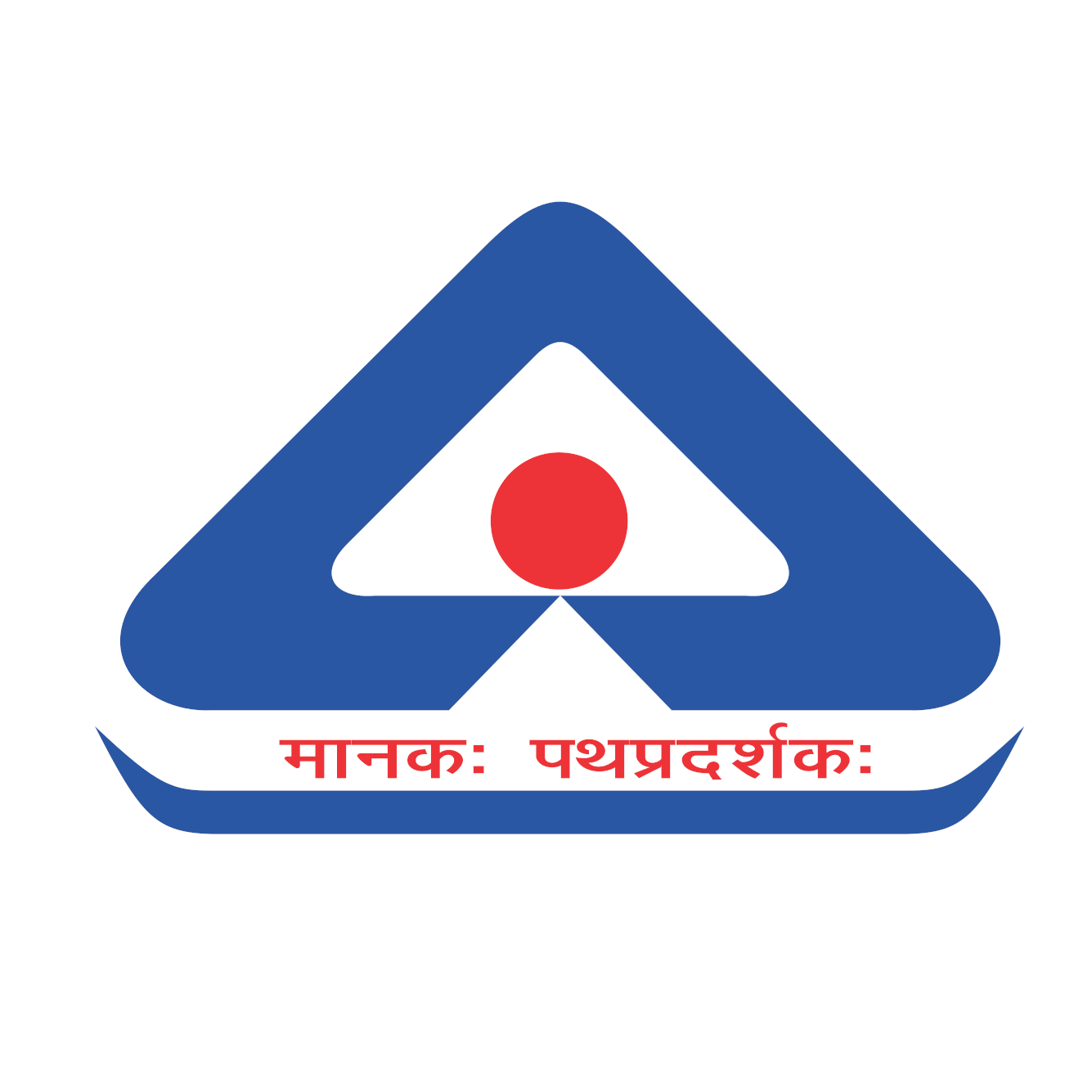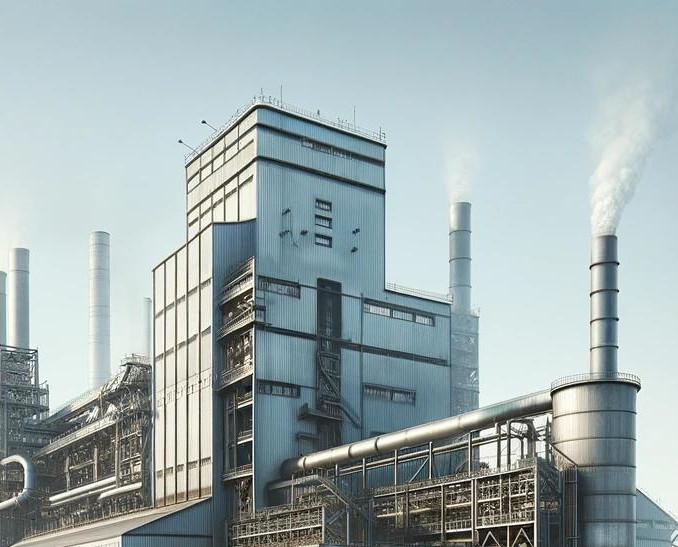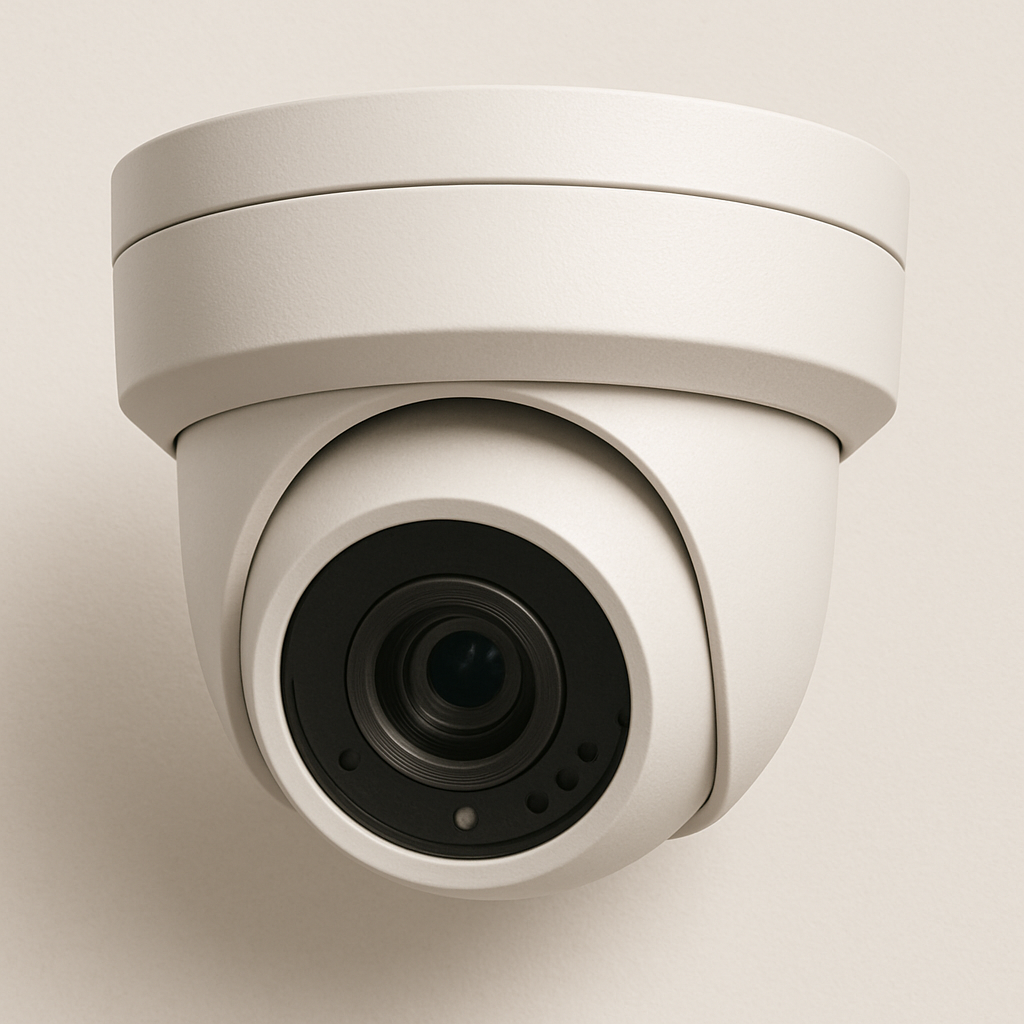Gas cylinders for household use to receive QR codes
20. April 2023The Indian government has decided to label all gas cylinders for household use with QR codes from the beginning of 2023. In the past, there have been increasing complaints from customers that the containers contained 1-2 kg less gas than stated. The QR code is to be affixed to gas cylinders already in circulation and permanently welded to new gas cylinders. The introduction and activation of the system is intended to prevent thefts and improve the tracking and inventory of gas cylinders, according to the minister responsible for energy. Products associated with the Indian oil and gas industry generally require PESO certification to be imported and used in India.
Without the QR code, it was difficult to track complaints from customers that the quantity of gas was too low. It was also not possible to determine the place of storage or filling or to identify the dealer or supplier to the doorstep. With the new QR code, customers should have a better opportunity to enforce their claims and identify untrustworthy retailers with underfills. In addition, customers will receive information on how often the gas cylinder has been used or refilled, as well as the corresponding delivery route and delivery duration. The QR code is also intended to prevent gas cylinders in household use with a lower tax rate from being used for commercial purposes. Foreign manufacturers of gas cylinders are advised to inform themselves about the new QR code regulation in India and also implement it in their products. This is the only way to ensure that they are on the same level as Indian competitors.
Due to the widespread use of LPG for cooking and heating, the demand for gas cylinders in India will also increase. Therefore, the Indian energy sector offers good opportunities for your company to offer services and products there or to produce locally. However, most appliances, equipment and facilities must undergo mandatory PESO certification. Relevant product groups or components are for example gas and pressure vessels, valves and fittings or safety equipment. A complete list can be found under this link. The experts at MPR International GmbH are available to answer your questions about PESO certification or other India certifications without obligation for an initial assessment.
Most equipment, plant and facilities that belong in the Indian oil and gas industry need to go through mandatory PESO certification. This is issued by the Petroleum and Explosives Safety Organisation of India. Relevant product groups or components include gas and pressure vessels, valves and fittings, or safety equipment. A complete list can be found on the page about PESO certification mandatory products.
If you are interested in understanding what requirements are needed for your product to be imported into India, please do not hesitate to contact us by email or phone (Europe: +49-69-271 37 69 261, US: +1 773 654-2673). There is no cost or obligation for us to check for you. If a certification need is discovered we can provide a quotation to make sure that all your certification needs are covered.
If you have any questions you can also use our chat-window in the bottom right. (Please check your browser settings if you can’t see the window)
For more information about PESO certification, please refer to our free brochure “PESO Certification Made Easy“.




